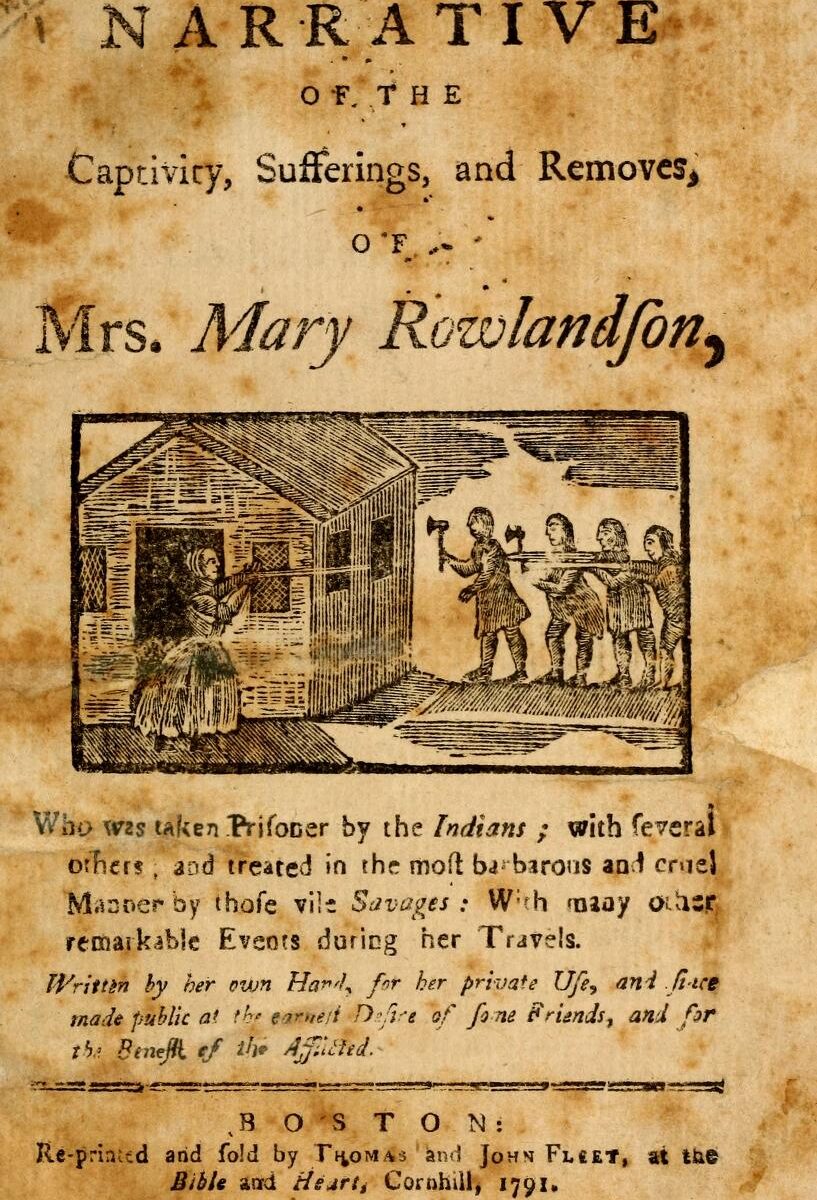The Eliot Bible is a window into many pasts. In this section of the exhibit, student researchers elucidate how the Eliot Bible helps us understand important histories of cultural encounter and conflict in this founding phase of American history. Highlighted in this section are a deeper history of bible translation, as well as a reflection on the importance of a War that was in some important ways caused by the Eliot Bible itself.
The Process of Bible Translation as the Event
by Giulia Pauli, Coralyn Johnson, Olivia Lynch
Our project provides an in-depth comparative analysis of the translation processes of three different biblical texts: The Eliot Indian Bible, The Gaelic Bible, and The Yupik Alaskan Bible. The purpose of our research was to get a deeper understanding of the time and effort put into the translation of the Bible that allows us to really appreciate the hard work that went into making the Eliot Bible. To put it simply, we want to understand how modern translation processes differ from those of older translation efforts. Have the gotten better? More efficient? What parts of each Bible were translated first? What does this tell us about what the translators valued most in the Bible? These are just a few of the questions we will answer in our project, and hopefully this will provide us with a unique understanding of translation relating to biblical texts.

View the StoryMap here
The John Eliot Indian Bible and King Philip’s War
by Krystos Kanellakis, Blake Soderholm, and Anthony Leylani
Many Americans ignore King Philip’s War, and some don’t remember it even happened. In this series of podcast-style debates Krystos, Blake, and Anthony explore the significance of the War in the formation of American identity. Building on and thinking with Jill Lepore’s important book, the debaters explore how the Eliot Bible represents a kind of path not taken in American frontier history– an inclusive American identity, accommodating of difference and diversity. How does the Bible reflect an expansive “Us” around which Puritans formed their early colonial identities? And how did that “Us” narrow significantly– and divide tragically– into “us” and “them?” Explore this digital humanities experiment to find out. And vote at the end for the winning position!
View the StoryMap here.



